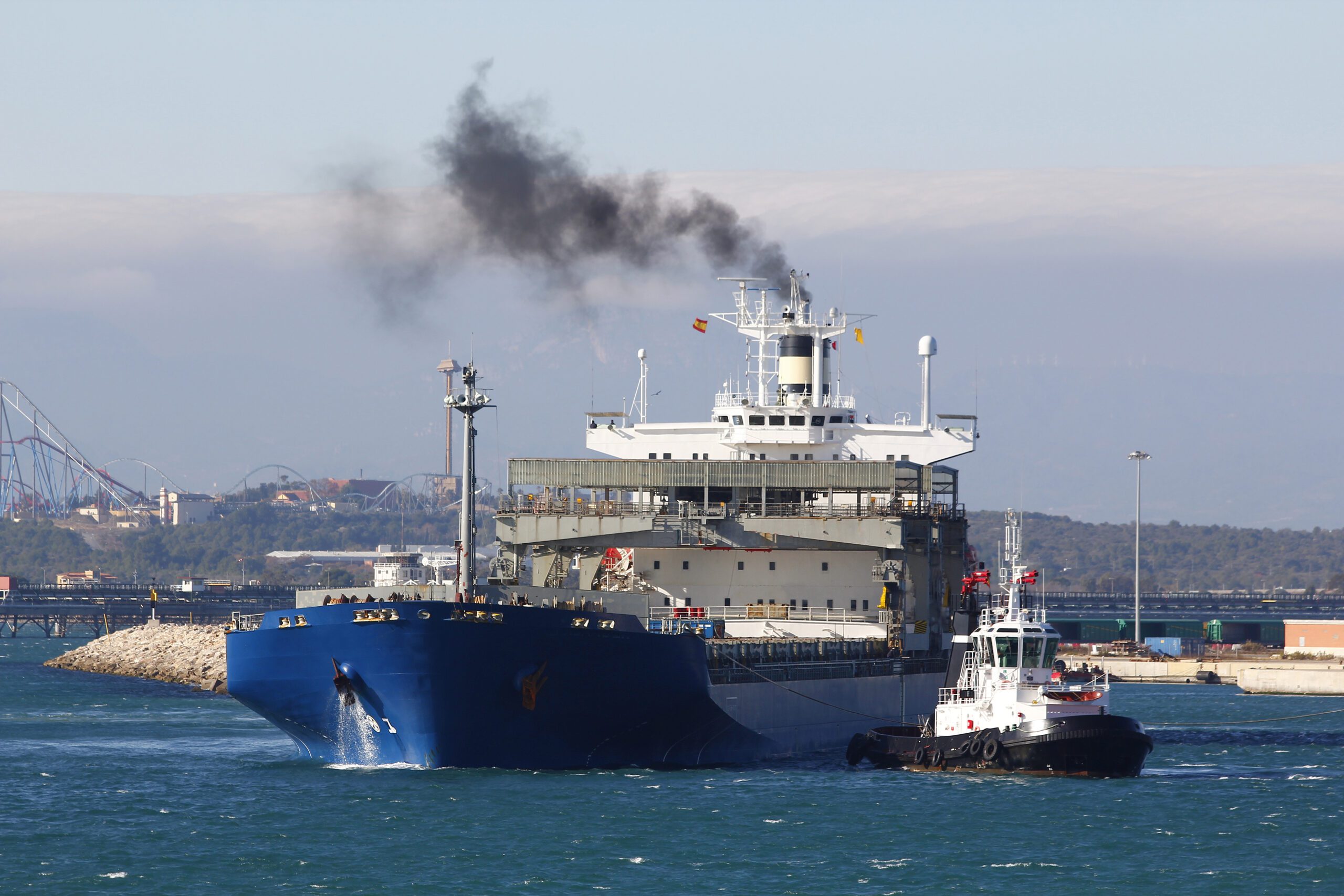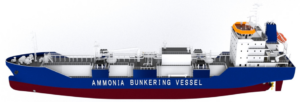The Danish government is considering a ban on the discharge of scrubber water from ships. The minister of the environment, Magnus Heunicke, has now summoned the parties of the Danish parliament Folketing to negotiations on how the discharge of scrubber water can be banned. The minister will, among other things, present the parties with concrete models for possible legislative changes.
Magnus Heunicke, Danish environment minister said: “When heavy metals and tar substances are discharged into our marine environment, they do not disappear and remain in constant circulation in the sea.
“The substances accumulate on the seabed and in the ocean’s food chains, and this is deeply worrying for our marine environment and our health. We need to find a long-term solution to that.”
The Danish Environment Ministry released new figures from the Danish Environmental Protection Agency that show that the discharge of scrubber water from ships is a significant source of several of the heavy metals and tar substances that pollute the marine environment.
Ships use so-called scrubbers to clean the flue gas of sulphur, by washing the smoke and then discharging the scrubber water directly into the sea.
This has contributed to excessive levels of a number of heavy metals and tar substances such as lead, cadmium, anthracene and benz(a)pyrene in the marine environment.
Calculations from the Danish Environmental Protection Agency show that up to 20 percent of the discharge of nickel and 7 percent of the discharge of anthracene come from scrubber water.
Heavy metals in fish and shellfish for human consumption can have serious negative effects on humans in large quantities.
For example, excessive amounts of lead can affect the development of the central nervous system, including the ability to learn and remember, while cadmium can affect the function of the kidneys.
The International Council on Clean Transportation estimated in 2020 that 68 million tons of scrubber water containing heavy metals and tar substances within 22 km of the coast in Denmark.
In accordance with the report, this makes Denmark the country in the world where the sixth largest amount is discharged.
Source: Danish environmental protection agency.



